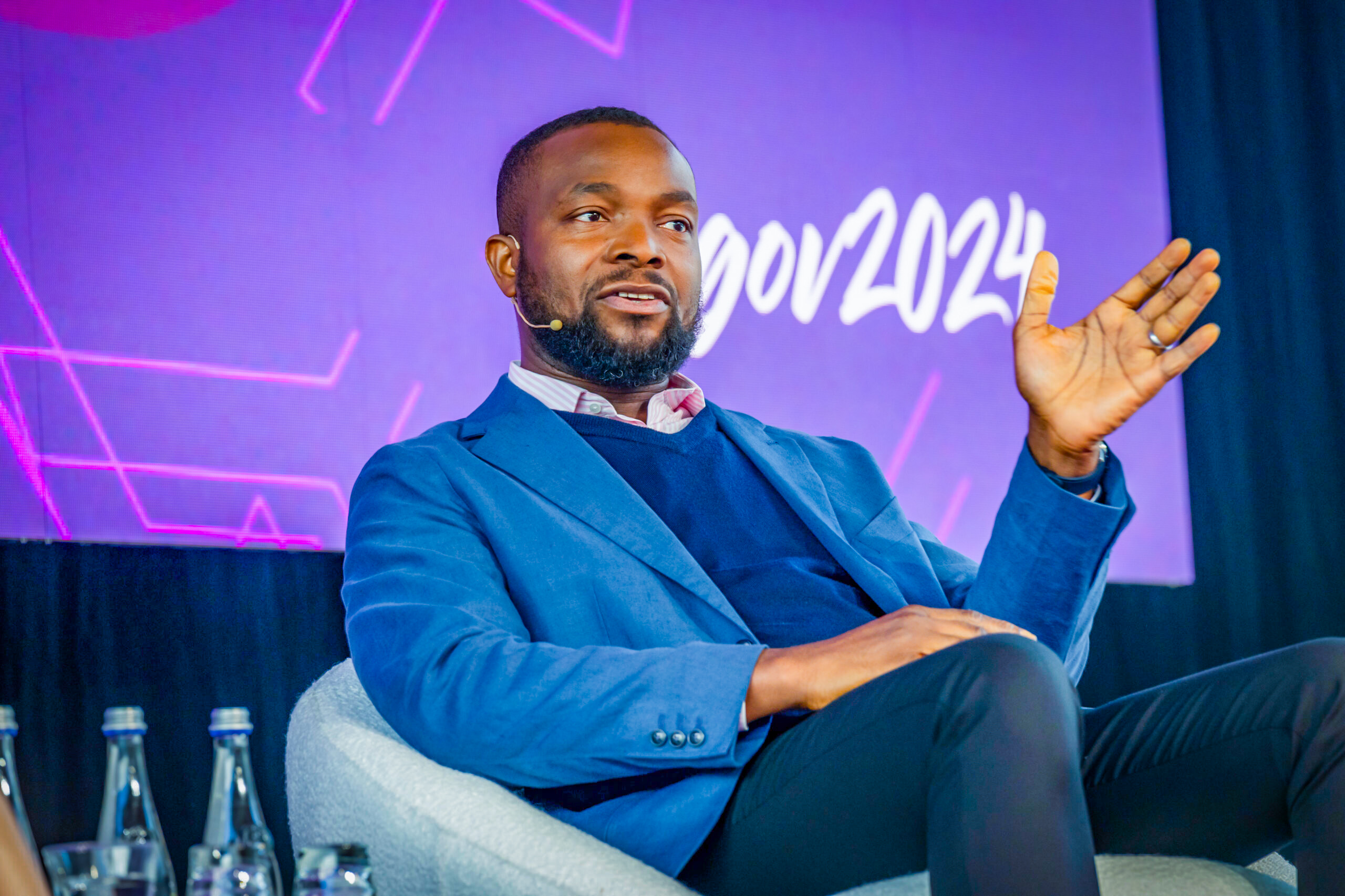Centuries after the Stone Age, through the industrial revolution and the technological age, humanity has entered what many call the “superhighway to the future”, the era of artificial intelligence (AI). For Nigeria, this moment presents both a challenge and an opportunity, one that the Minister of Communications, Innovation and Digital Economy, Dr. Bosun Tijani, says the country is ready to embrace.
“The liberalisation of telecommunications in 1999 was a turning point for Nigeria,” Dr. Tijani said. “At that time, we had just about 500,000 telephone lines. Today, we have more than 200 million active lines, and this has driven productivity in banking, commerce, and many other sectors of the economy.”
YOU CAN ALSO READ: Audrey Joe-Ezigbo Appointed CEO of Falcon Corporation
But sustaining this growth has not been without difficulties. For over a decade, telecom tariffs had remained unchanged, even as inflation rose and operational costs mounted. “The industry was bleeding,” Tijani recalled. “We had to strike a balance, protecting consumers while ensuring sustainability for operators. That decision saved jobs, restored profitability, and encouraged new investments.”
According to Tijani, the sector has since attracted more than $1 billion in equipment investments, while the government has secured $2 billion for a nationwide fibre optic rollout. The ambitious project will connect every state, local government, and ward, ensuring households are no more than a kilometre or two from high-speed internet.
“Connectivity is the backbone of economic growth,” he stressed. “By laying 90,000 kilometres of fibre, not only are we connecting Nigerians, but we are positioning the country as a digital hub for West Africa.”
Already Africa’s largest telecommunications market, Nigeria is also leading in digital inclusion. The 3MTT programme has trained over 117,000 Nigerians in digital skills, with more than 210 Applied Learning Centres established nationwide. Tijani noted that participants, regardless of academic background, are already finding employment with partners such as MTN, DHL, IHS, and UNDP.
Beyond advanced skills, the government has also trained more than 260,000 people in basic digital literacy and introduced civil servants to AI applications in governance. At the secondary school level, initiatives like “Build On” are nurturing a new generation of digital natives through coding, hardware design, and creativity.
“We are building not just for today, but for the future workforce,” Tijani explained. “Young Nigerians must be equipped to thrive in an AI-driven world.”
On the global stage, Nigeria is also asserting its influence. As Vice Chair of the International Telecommunications Union (ITU) Council, Tijani has championed subsea cable resilience, with plans to make Nigeria the hub for redundancy management in West Africa.
Artificial intelligence is a key focus. “We want Nigeria to be among the top 25 countries in AI globally,” Tijani declared. Already recognised by the UN as one of the top 60 AI nations, Nigeria has co-created its AI strategy with contributions from more than 150 Nigerian experts worldwide.
YOU CAN ALSO READ: From Lagos To Nairobi: Moniepoint Acquires Microfinance Bank In Kenya.
The AI Collective, a private sector-led initiative, has attracted funding from global leaders including $1.5 million from eBay’s founder and $7 million from the Bill and Melinda Gates Foundation. These resources will drive AI innovation in governance, education, and healthcare.
“Our vision is clear,” Tijani affirmed. “Connectivity will fuel productivity, digital skills will empower our people, and AI will secure our global competitiveness. This is the foundation of Nigeria’s digital future.”
As the world races deeper into the age of artificial intelligence, Dr. Tijani insists that Nigeria will not be left behind. “We are laying the groundwork,” he said, “to ensure that the future of technology is also the future of Nigeria.”










